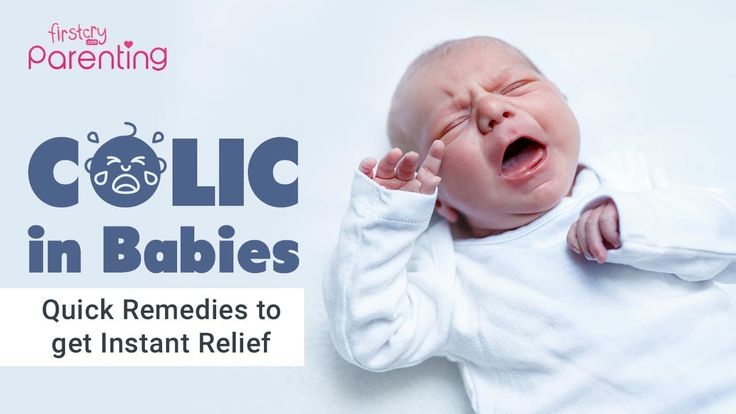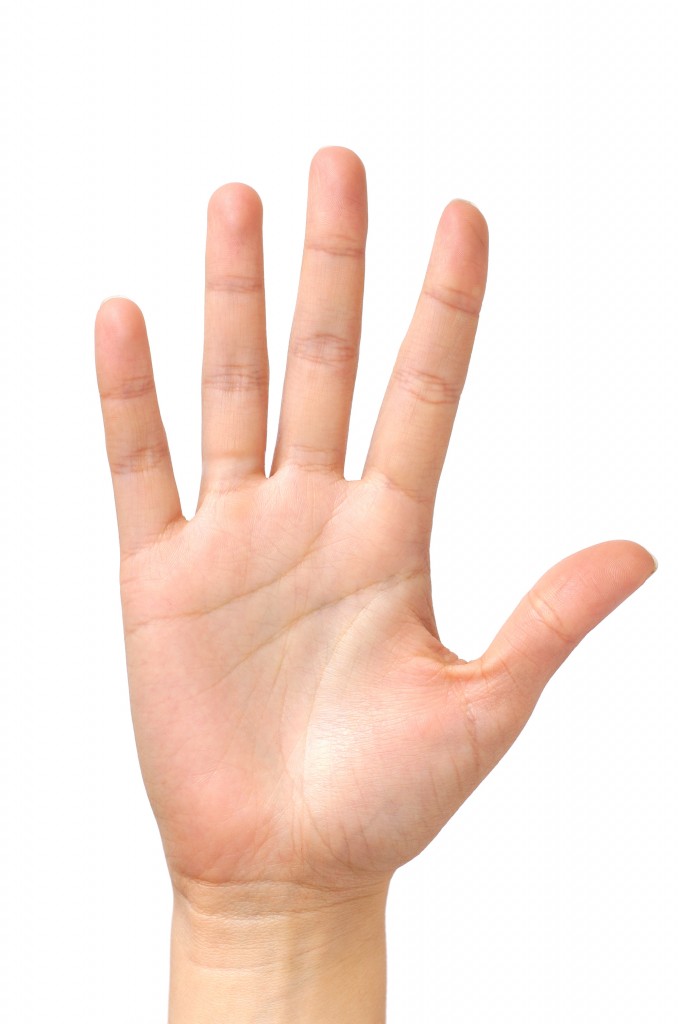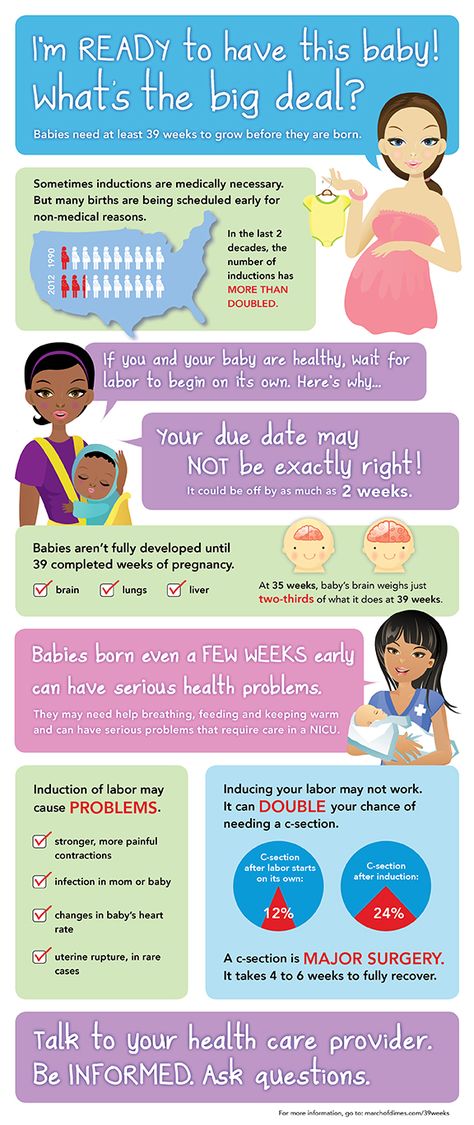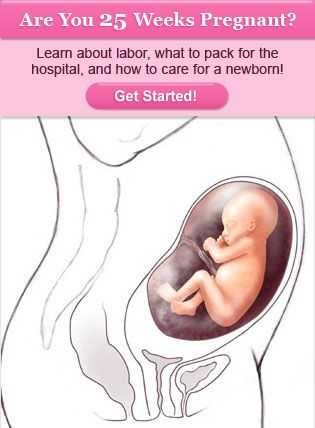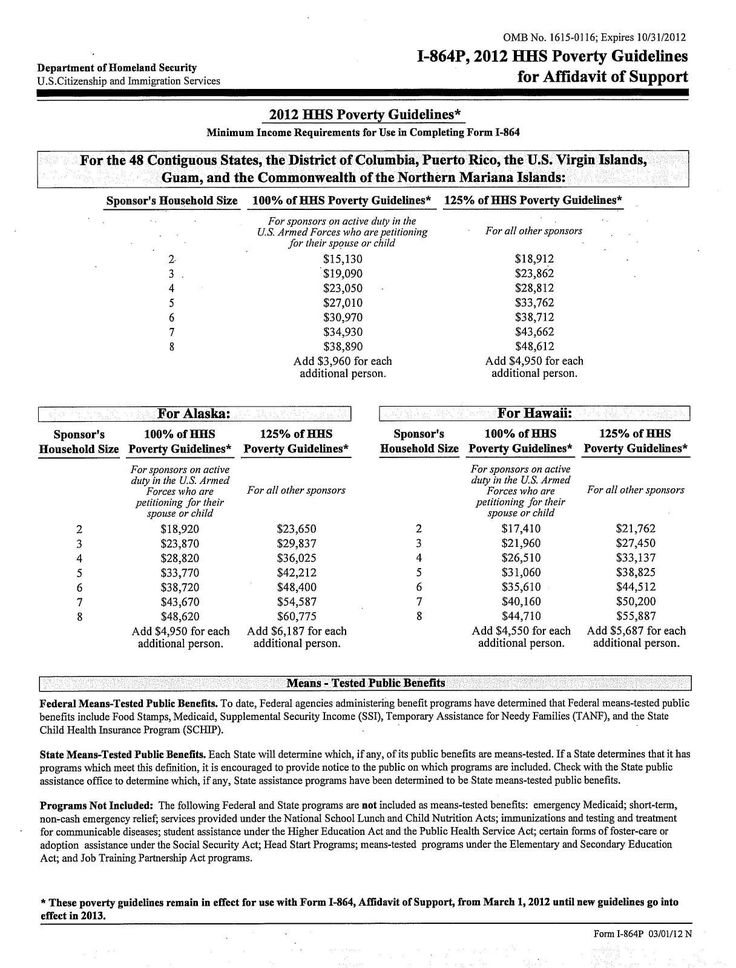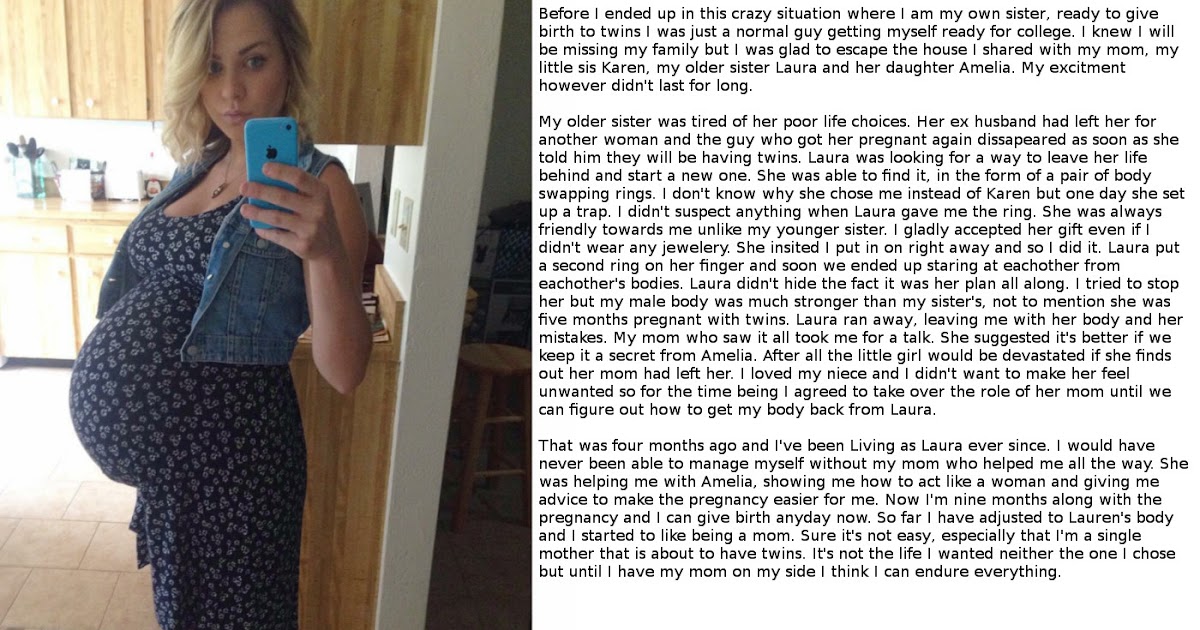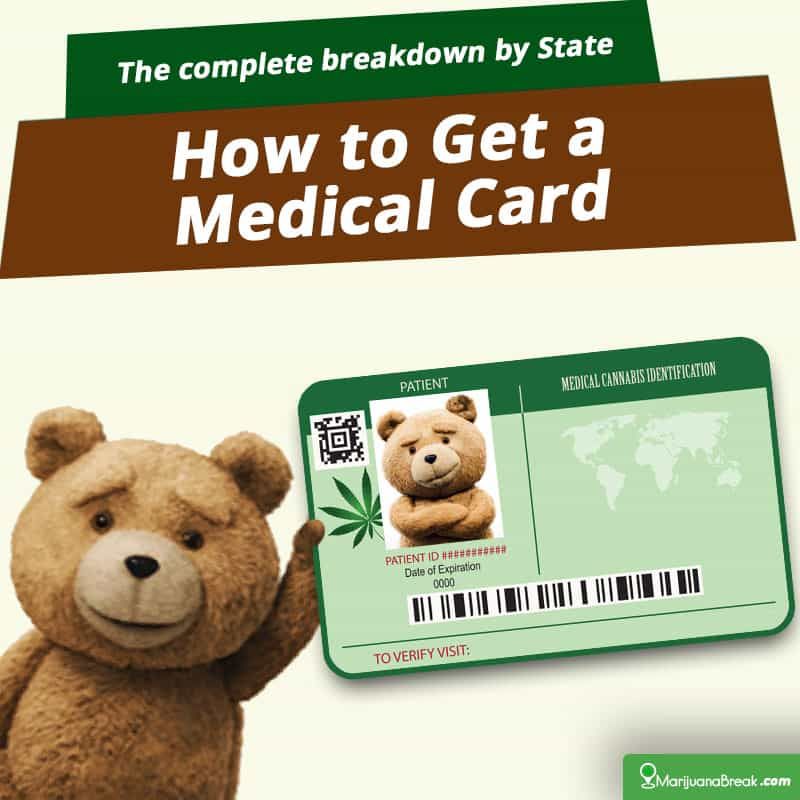Sodium benzoate pregnancy
Is Sodium Benzoate Safe During Pregnancy?
Eating for two is part of the fun of being pregnant. It also comes with immense responsibility. Nourish your growing child with natural foods that are free of preservatives like sodium benzoate. Sodium benzoate increases the shelf-life of products but can have life-changing effects, especially in the presence of Vitamin C. Limit your sodium benzoate intake while pregnant by sticking with delicious, whole foods.
Is Sodium Benzoate Safe During Pregnancy?Sodium benzoate should be avoided during pregnancy, due to possible harmful effects.
Keeping these intakes low may seem easy, but there are some obstacles.
There's a lot of things that have sodium benzoate in them, including:
Condiments
Soda
Jams
Wines
Packaged foods
And more
Be mindful of what ingredients you're introducing to your body. Scan labels to find if sodium benzoate is an ingredient.
Then, see whether Vitamin C or ascorbic acid is listed.
Promote a healthy, quality life by avoiding products that contain sodium benzoate and ascorbic acid.
Warm temperatures can cause sodium benzoate and ascorbic acid to create benzene [1]. Benzene is one of the 20 toxic chemicals used in foods that are known to cause cancer.
Additionally, sodium benzoate might promote hyperactivity in children [2]. Promote healthier eating habits for your child by starting with what you eat during pregnancy.
Is Sodium Benzoate Lurking Anywhere Else?Sodium benzoate will preserve a product shelf life. Great for your bank account, not so much for your health.
You can find sodium benzoate in:
Shampoos
Mouthwashes
Soaps
Cough syrups
Cleaning supplies
And more
Foster a habit of reading labels. Train your eyes to scan for sodium benzoate. In no time, you'll catch this chemical in action!
Train your eyes to scan for sodium benzoate. In no time, you'll catch this chemical in action!
Even home cooks need to preserve some of their dishes. There are many natural benzoates out there that have no adverse reactions to vitamin C.
Stock up on natural preservatives like [3]:
Wash Away Sodium Benzoate Personal ProductsClean up your beauty routine by exfoliating sodium benzoate from your personal products.
Embrace your natural beauty with these pregnancy-safe items:
Purify your skin with Nurture My Body Pure and Simple Organic Soap.
Lather your hands with Sally B's Skin Yummies Foaming Hand Soap.
Promote a healthy scalp with 100% Pure Honey & Virgin Coconut Shampoo.
Radiate with shiny, healthy hair thanks to Soap Cauldron's Lavender Tea Tree Conditioner Bar.
Detoxify your scalp with Chagrin Valley Soap & Salve Company Apple Cider Vinegar Hair Rinse.

Get a toxic-free makeover. Browse Million Marker's Approved Products!
Say Bye to Sodium BenzoateProducts with sodium benzoate are usually packaged in plastic. Protect your body from plastic chemicals like BPA, parabens, and triclosan. They mimic estrogen hormones that can disrupt balance.
Complete your sodium benzoate-free transformation by saying goodbye to toxic chemicals. Learn what's in your products with Million Marker's Detect & Detox Test Kit + Lifestyle Audit.
We use your data to provide exclusive product replacements we know you'll love!
Sources:
[1] https://www.ncbi.nlm.nih.gov/pmc/articles/PMC5871628/
[2] https://www.thelancet.com/journals/lancet/article/PIIS0140-6736(07)61306-3/fulltext
[3] https://onlinelibrary.wiley.com/doi/full/10.1111/j.1365-2036.2011.04792.x#
Chemicals to Avoid While Pregnant
Chemicals to Avoid While Pregnant - NatalistHome > Learn > Pregnancy > >Chemicals to Avoid While Pregnant
Dec 18, 20 ● 8 min
Chemicals are present in our everyday life, and we can unknowingly expose ourselves just going about our day. We created this handy guide for you to use to help you select the healthiest products and minimize your environmental exposure to endocrine disruptors and other known environmental toxins.
We created this handy guide for you to use to help you select the healthiest products and minimize your environmental exposure to endocrine disruptors and other known environmental toxins.
As parents, we all strive to help our children reach their fullest potential. We send them to the best schools, feed them with the most wholesome ingredients, and foster their passions in the areas they choose. However, there is an additional way to ensure our kids stay happy and healthy, and it starts in the womb.
Chemical exposure and pregnancy
Although there’s still limited research in the field, some evidence shows that chemicals found in plastics and other manmade goods are linked to health risks in fetuses and infants. Two of these are called phthalates (pronounced “tha-leits”) and bisphenols. You might have heard of one type of bisphenol, BPA, which is the hard plastic that some reusable water bottles are made of (plastic #7).
While it’s true pregnant women would never knowingly expose their babies to harmful toxic chemicals, many of them are present in our everyday life, and we can unknowingly expose ourselves just going about our day. We created this handy guide for you to use to help you select the healthiest products and minimize your environmental exposure to endocrine disruptors and other known environmental toxins.
We created this handy guide for you to use to help you select the healthiest products and minimize your environmental exposure to endocrine disruptors and other known environmental toxins.
Skincare ingredients to avoid during pregnancy
It’s not uncommon to experience changes in your skin during pregnancy. But before you go reaching for a skincare product, make sure it doesn’t contain the following ingredients:
-
Retin-a, retinol, and retinyl palmitate: Commonly used in acne products, topical retinols can be absorbed into the skin, and in a few cases, have caused birth defects. This is pretty rare, but it’s still not recommended for pregnant women to use these products. Read more about pregnancy and acne here.
-
Hydroquinone: It might be tempting to use this common skin lightener during pregnancy to combat melasma or a pigmentation of the skin also called the “mask of pregnancy,” but it should be avoided. The FDA lists hydroquinone under category C because it has a higher absorption rate than other topical chemicals, which makes it more likely for larger amounts to enter your bloodstream and affect your baby.
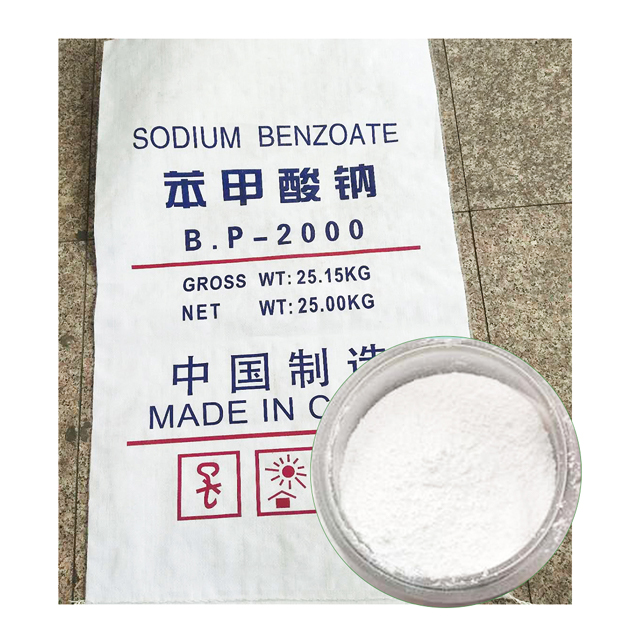
Hair product ingredients to avoid when pregnant
What you put in your hair should be free of synthetic preservatives, surfactants, emulsifiers, and chemical anti-chelating agents. Look for products free from:
-
Sodium benzoate can interfere with reproductive functions when combined with the common pairing, ascorbic acid. It has also been found to alter the brain with or without ascorbic acid.
-
Sodium laureth/lauryl sulfate has been shown to produce eye and/or skin irritation in experimental animals and in some human test subjects.
-
Petroleum can be contaminated with suspected carcinogens if not refined properly. Avoid products with petrolatum, unless it clearly indicates petrolatum is fully refined as white petrolatum.
Lotion ingredients to look out for when pregnant
Look for body oils and lotions that are free from synthetic preservatives, emollients, humectants, and surfactants. Many of these harmful chemicals are added to these products to ensure even application, smooth texture, and smooth, shiny appearance without feeling ‘sticky.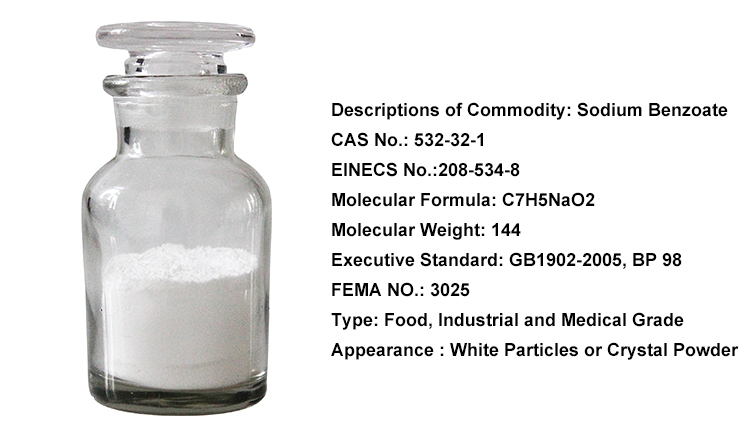 ’ The best products in this category should be free of these chemicals:
’ The best products in this category should be free of these chemicals:
-
BHT and BHA are synthetic antioxidants used to extend shelf life. They are carcinogenic, disrupt hormones, and can cause liver damage.
-
Phenoxyethanol is a preservative and severe allergen.
-
Ethylhexylglycerin is a skin conditioner that is classified as a skin irritant.
-
Propylene glycol is a penetration enhancer and surfactant that is classified as a skin irritant.
Our Cooling Cream is pregnancy safe and contains no parabens, phthalates, petrochemicals, or sulfates.
Pregnancy-safe deodorant
Some studies have shown conflicting data on the use of aluminium containing deodorant and breast cancer. No clear link has been proven yet, but if you’re wanting to stay on the safe side,
find natural deodorants that only use natural oils, waxes, clays, minerals, and astringents to help fight odor and reduce underarm moisture.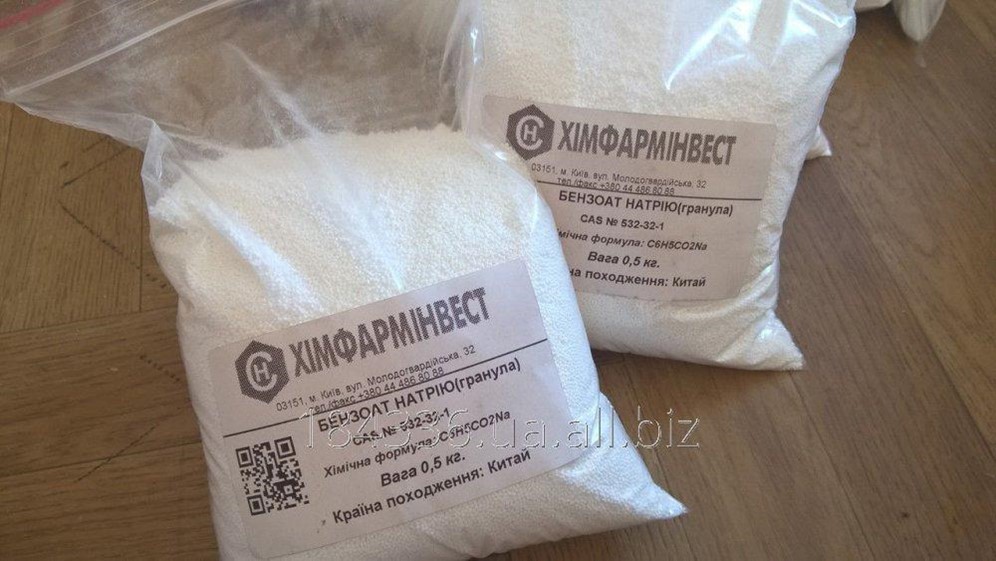 In order to fight odor-producing bacteria, try a natural deodorant that employs probiotics, baking soda, magnesium, zinc, and/or charcoal.
In order to fight odor-producing bacteria, try a natural deodorant that employs probiotics, baking soda, magnesium, zinc, and/or charcoal.
Soap ingredients to avoid when pregnant
Soaps and body washes should not contain harsh detergents, chemical preservatives, toxic pesticides, or synthetic surfactants. Common soap ingredients to avoid include:
-
Cocamidopropyl betaine: a synthetic detergent and surfactant that is possibly a toxicant
-
Sodium hydroxide: a detergent that can be caustic when wet
-
Triclosan: an antibacterial chemical that is toxic and disrupts hormones
-
Formaldehyde: an antimicrobial preservative that has been linked to cancer, allergic reactions, and brain toxicity
-
Methylisothiazolinone: a chemical preservative that causes skin irritation and allergies
Pregnancy-safe lubricants
Pay close attention to the ingredients in your lubricant, and make sure to use one that is paraben-free. Parabens are preservatives that also mimic estrogen and have been linked to cancer. Banned in Europe and California, they can accumulate in the body over time and cross the placenta.
Parabens are preservatives that also mimic estrogen and have been linked to cancer. Banned in Europe and California, they can accumulate in the body over time and cross the placenta.
💦 Shop our paraben-free lubricant, The Lube ⟶
Sunscreen ingredients to avoid when pregnant
Common sunscreens not only contain chemicals specifically engineered to combat UV radiation, but also chemicals that plague many commercial lotions for smooth application. Look for a sunscreen option that is free of:
-
MEA/DEA/TEA are linked to hormone disruption and inhibited fetal brain development.
-
Octyl methoxycinnamate or ‘octinoxate’ is a sun blocking agent that is a potential hormone disruptor.
-
Benzophenone is a fragrance ingredient that prevents UV light from damaging scents and colors, but is linked to cancer and hormone disruption.
-
Para-Aminobenzoic Acid (PABA) can alter thyroid activity.
Pregnancy-safe lip balms
Compared to other personal care products, lip balms do not need many chemical additives in order to do its job.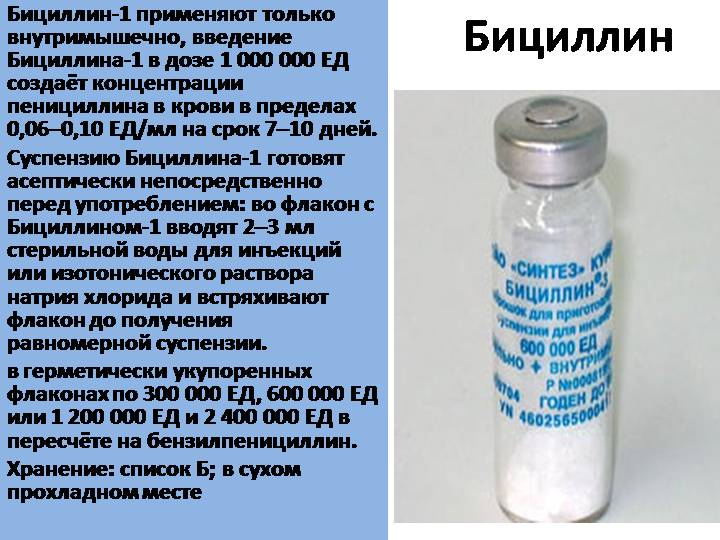 Simple moisturizers and conditioners, such as coconut oil, shea butter, and beeswax, work effectively as lip treatments. For this reason, most lip balms marketed as ‘natural’ are less likely to be contaminated with chemicals such as parabens or parfum/fragrance.
Simple moisturizers and conditioners, such as coconut oil, shea butter, and beeswax, work effectively as lip treatments. For this reason, most lip balms marketed as ‘natural’ are less likely to be contaminated with chemicals such as parabens or parfum/fragrance.
Hair styling product ingredients to avoid
Hair styling products (gels, mousses, etc.) should be free from chemicals used to synthetically preserve, thicken, foam, create softness, or add fragrance. Avoid these ingredients:
-
Triclosan: an antibacterial chemical that is toxic and disrupts hormones
-
Cyclopentasiloxane: a silicone lubricant solvent that cannot biodegrade and disrupts the hormone system
-
Dimethicone: a silicone-based lubricant that cannot biodegrade
-
PVP/VA Copolymer: a synthetic vinyl polymer used as a binder, it is a toxic chemical derived from petroleum
-
Polyethylene glycol (PEGs): a silicone thickening agent classified as a toxicant that may interfere with fetal growth
Safe toothpaste and mouthwash for pregnancy
Toothpastes/powders and mouthwashes should not contain fluoride, artificial sweeteners, coloring agents, harsh abrasives, thickeners, or surfactants.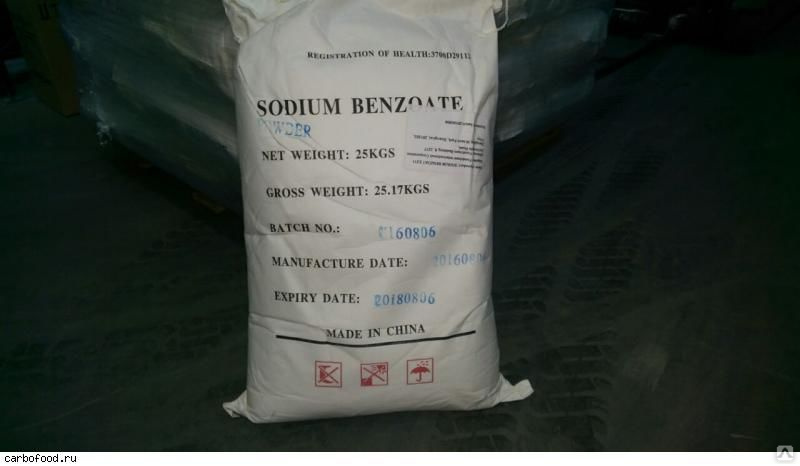 The packaging tubes and bottles should also be BPA free. When looking for a toothbrush, make sure it does not contain BPA or phthalates in either the bristles nor the handle. Overall, these are the ingredients to avoid in oral care products:
The packaging tubes and bottles should also be BPA free. When looking for a toothbrush, make sure it does not contain BPA or phthalates in either the bristles nor the handle. Overall, these are the ingredients to avoid in oral care products:
-
Sorbitol is an artificial sweetener that keeps toothpaste from drying out, but is also a laxative.
-
Triclosan is an antibacterial chemical that is toxic and disrupts hormones.
-
Carrageenan can cause gastrointestinal inflammation, ulcerations and lesions.
-
Sodium Lauroyl Sarcosinate is a synthetic surfactant that can break down into cancer causing chemicals, such as nitrosamines.
-
Hydrated Silica are abrasive particles added to toothpaste to polish and whiten the teeth; the same particles are commonly found in “Do Not Eat” packets.
Take-aways
Toxins are all around us, and we’re just really beginning to understand the impact they have on human health. Pregnancy is a great time to begin a cleaner, healthier routine. We hope this list of ingredients to look out for is helpful on your journey!
Pregnancy is a great time to begin a cleaner, healthier routine. We hope this list of ingredients to look out for is helpful on your journey!
This article was developed with help from our friends and experts at MillionMarker.
Featured Image by Karolina Grabowska
Shop Products From This Article
Subscribe & Save $2.00
Bestselling fertility-friendly lubricant
$23
Share on:
Related Blogs
Pregnancy 6 min
What Does Pregnancy Nausea Feel Like?
Read MorePregnancy 7 min
Does Vitamin B6 Help with Morning Sickness?
Read MorePregnancy 6 min
How Soon Does Morning Sickness Start After Conception?
Read MorePregnancy 6 min
When Does Morning Sickness Peak?
Read MoreShop Products
Subscribe & Save $3.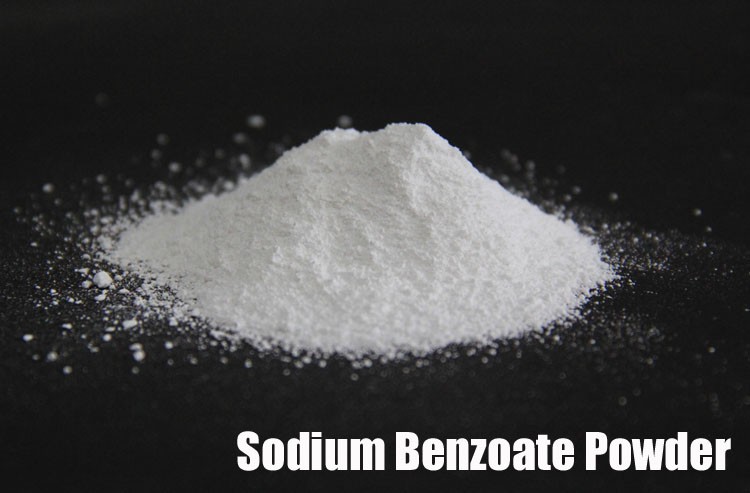 00
00
10% off your first month when you subscribe with code LUCKY23
$32
Subscribe & Save $5.00
10% off your first month when you subscribe with code LUCKY23
$55
Shop All
Subscribe & Save $5.00
10% off your first month when you subscribe with code LUCKY23
$55
Subscribe & Save $15. 00
00
10% off your first month when you subscribe with code LUCKY23
$180 $150
Subscribe & Save $2.00
10% off your first month when you subscribe with code LUCKY23
$33
Subscribe & Save $10.00
10% off your first month when you subscribe with code LUCKY23
$105 $85
Shop All
Shop All
Sign Up For 10% Off Your First Order!
Sign up for insider access, exclusive deals, and OBGYN insights!
Sodium benzoate: benefits and harms
What is sodium benzoate?
- Sodium benzoate
- This is a salt obtained from the synthesis of benzoic acid.
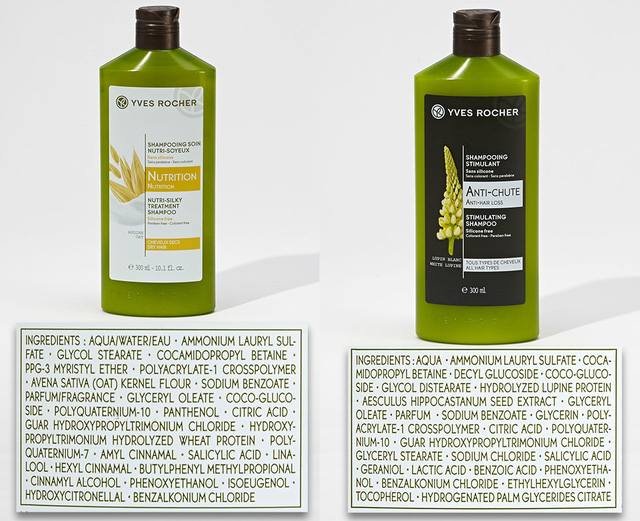 It is also called E-211. It is a food additive and belongs to preservatives. Visually, it is a white powder with a slight odor, or no odor at all.
It is also called E-211. It is a food additive and belongs to preservatives. Visually, it is a white powder with a slight odor, or no odor at all.
Sodium Benzoate is a white powder preservative with little or no odor
Sodium Benzoate was developed to replace salicylic acid. Now E-211 is added to various food products in order to extend their shelf life. Sodium benzoate perfectly inhibits the activity of molds and yeasts.
Harm
Sodium benzoate. Harm
E-211 is a very insidious dietary supplement, because it accumulates in the body and is almost not excreted from it. The components that make up E-211 may be allergenic.
But not only sodium benzoate can cause allergies, the harm of its properties is also due to:
- The ability to suppress all cells of the body0028
Sodium benzoate becomes more dangerous in tandem with other substances. Among them are E-102, E-124, E-129. Forming compounds with these dyes, E-211 has a negative effect on the nervous system of children, as well as on their intelligence and behavior. Reduce, develop hyperactivity and even attention deficit disorder - all these are examples of how sodium benzoate affects the body of children.
Forming compounds with these dyes, E-211 has a negative effect on the nervous system of children, as well as on their intelligence and behavior. Reduce, develop hyperactivity and even attention deficit disorder - all these are examples of how sodium benzoate affects the body of children.
Harmful preservative with constant use causes dizziness, nausea. And as a result of poisoning with this substance, anemia and blood cancer may develop. Scientists have identified the risk of genetic abnormalities in offspring, people who abuse sodium benzoate.
Sodium benzoate during pregnancy
Nutrition of a pregnant woman plays an important role in the health of a woman and her unborn child. In position, it is recommended to include in the diet natural, simple foods that are well absorbed. Sodium benzoate is a complex artificial preservative. It is categorically contraindicated for pregnant women, it does not bear any benefit. And the harm from E-211 is colossal:
- Allergic reactions
- Gastrointestinal disorders
- Fetal growth retardation
- Anomalies of the brain of the child
- Neurological disorders of the child
- Hyperactivity of the baby
This supplement tends to accumulate in the body
defenseless when interacting with harmful food.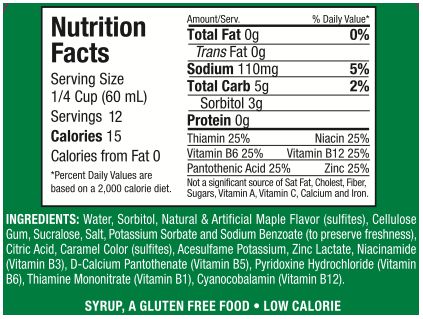 Sodium benzoate can greatly undermine the child's nervous system and disrupt the process and structure of the immune system.
Sodium benzoate can greatly undermine the child's nervous system and disrupt the process and structure of the immune system.
Benefits
Benefits of sodium benzoate
Sodium benzoate is often used in pharmacology, for example as an expectorant. The benefit of sodium benzoate is to improve the respiratory and vasomotor centers. But this benefit is only provided by specialized medications with precisely calculated proportions of this substance.
Sodium benzoate also inhibits the development of molds and yeasts in foods. Thanks to him, food retains freshness and presentation for longer. That is why it is most often used when importing exotic products.
However, sodium benzoate has not been shown to be beneficial as an additive in foods. On the contrary, E-211 only harms the body, and its content in food products is permissible only in small quantities.
Recommendations
Sodium benzoate in cosmetics
The benefits of sodium benzoate in cosmetics are in terms of improving the shelf life of cosmetics. Sodium benzoate does an excellent job of increasing the shelf life of products, as it prevents the growth of mold and various fungi.
Sodium benzoate does an excellent job of increasing the shelf life of products, as it prevents the growth of mold and various fungi.
Sodium benzoate increases the shelf life of products, as it inhibits the growth of mold and all kinds of fungi, and also slows down oxidative processes. That is why many companies use this chemical preservative in the production of cosmetics.
The benefits and harms of sodium benzoate in cosmetology are obvious - such cosmetics affect the body only negatively. It is allergenic and adversely affects skin cells, preventing them from breathing.
Preservatives in cosmetology are an integral part. Their job is to protect cosmetic products from spoilage. This applies to both purchased cosmetics and homemade ones. In both cases, the body will undoubtedly "thank" for natural preservatives.
Natural preservatives exist, although they do their job less effectively than artificially created ones. For example, propolis essential oil can "prolong the life" of creams, shampoos and other cosmetics. And for example, tea tree oil, will have an antimicrobial effect.
And for example, tea tree oil, will have an antimicrobial effect.
Permissible dosage of sodium benzoate
There is no benefit of sodium benzoate, and the harm to the body is significant.
In order to minimize accidents associated with the use of E-211, Russia has introduced standards for its content in various categories of food products:
In canned fish and caviar - no more than 2000 mg per 1 kg per 1 kg
In sprat - 2600 mg per 1 kg
In margarine - 1000 mg per 1 kg
In jams and jelly sweets - 500 mg per 1 kg
In fruits and berries - 1000 mg per 1 kg
In alcohol - 200 mg per 1 kg
In juices and other soft drinks - 150 mg per 1 kg
Increasingly detected violations of these rules. The fact is that E-211 is able to improve the taste of food. Unscrupulous manufacturers use this quality to add flavor to already spoiled products and significantly exceed the dosage of sodium benzoate. Therefore, it is advisable to choose products from trusted manufacturers that have passed quality control.
Beautiful mother, healthy baby
Pharmacy cosmetics for pregnant women, nursing women and small children - answers to customer questions
We continue the series of articles about pharmacy cosmetics. In previous articles, we talked about hair care products, products for problematic and oily skin, and anti-aging cosmetics. This article contains answers to popular questions from pharmacy visitors about cosmetic lines for mothers and their young children.
Is the cream effective for stretch marks that appear during pregnancy?
It depends on when exactly the woman took care of this issue. If the first stretch marks have already appeared, cosmetics are unlikely to help get rid of them. The formation of subcutaneous tears is largely genetically determined and depends on the quantity and quality of collagen in the skin. The state of this fibrillar protein, in turn, is determined by the content in the body of substances responsible for its synthesis: iron, magnesium, zinc, copper, etc.
Therefore, the best method of dealing with stretch marks is early prevention (started at least six months before pregnancy). At this time, a woman can affect the quality of collagen in her skin. Nutrition plays a big role in this, however, special cosmetics will also serve you well. Creams and oils against stretch marks moisturize the skin and make it more elastic due to the collagen they contain.
What is the difference between cosmetics for pregnant women and ordinary ones?
The main requirement for cosmetics for expectant mothers is the absence of substances that can cause allergies. At the same time, they can be used as specialized cosmetic lines, as well as "simple" hypoallergenic pharmacy cosmetics without fragrances and dyes.
Due to hormonal changes during pregnancy, many women experience increased skin sensitivity to external influences. It can react to irritants with dryness or, conversely, increased activity of the sebaceous glands and the appearance of acne.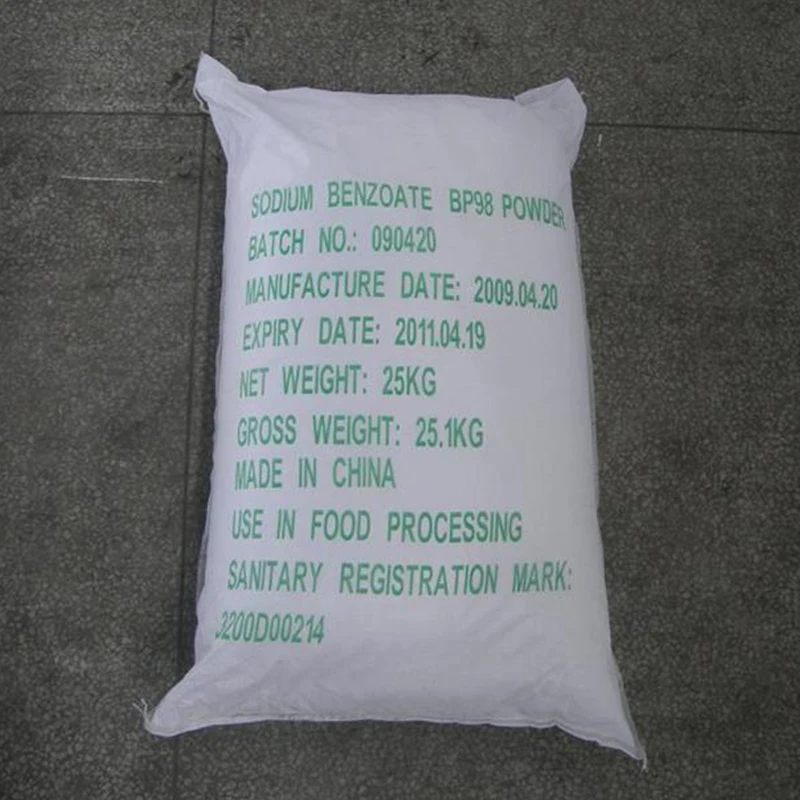 Therefore, funds for pregnant women should be softer so as not to introduce additional risks. When choosing cosmetics for this period, a woman should focus on the problems that have arisen.
Therefore, funds for pregnant women should be softer so as not to introduce additional risks. When choosing cosmetics for this period, a woman should focus on the problems that have arisen.
In case of exacerbation of acne or rosacea during the period of bearing a child, not too aggressive acids can be used, for example, azelaic, which has anti-inflammatory and antibacterial effects. Also drugs with sulfur and pantothenic acid are allowed [1].
But essential oils are banned. The only exceptions are products with special labeling that allows use during pregnancy.
It is also undesirable to use cosmetics containing salicylic acid. It is often used in cleansing toners and creams for oily and combination skin. The sensitive skin of a pregnant woman can be very dry, cause peeling and irritation.
With great attention, pregnant women also need to monitor the vitamin composition of cosmetics, since an overabundance of certain vitamins can have a negative impact on the development of the fetus.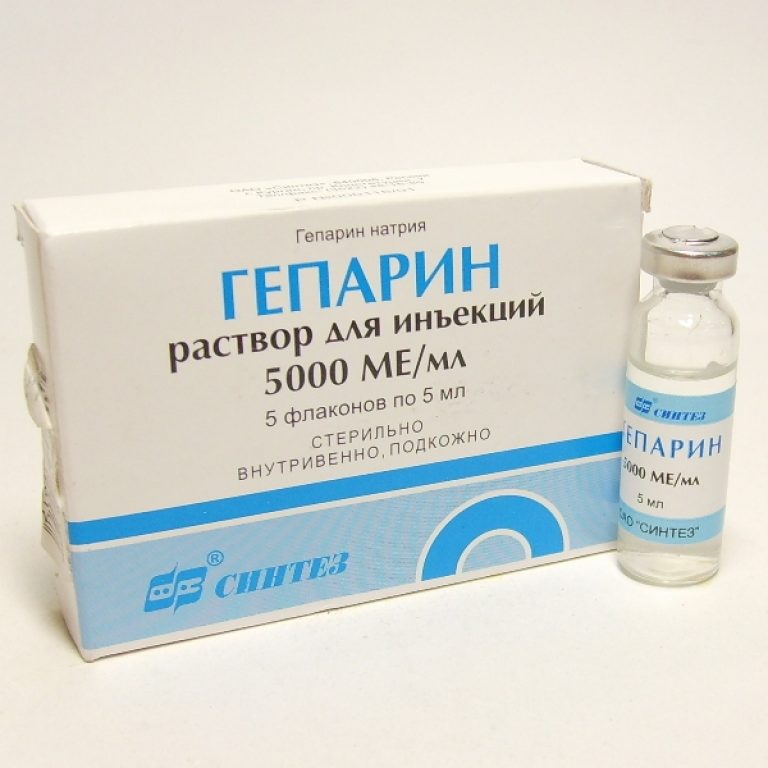 How exactly these substances enter the body - with food or through the skin - does not really matter. In its articles, WHO warns of the potential dangers of vitamins A and E. Too high doses of vitamin A (3,000 mg or 10,000 IU per day) are teratogenic, and excess retinol can cause complications during childbirth and increase the risk of cardiovascular disease in a child [ 2].
How exactly these substances enter the body - with food or through the skin - does not really matter. In its articles, WHO warns of the potential dangers of vitamins A and E. Too high doses of vitamin A (3,000 mg or 10,000 IU per day) are teratogenic, and excess retinol can cause complications during childbirth and increase the risk of cardiovascular disease in a child [ 2].
What can a pharmacy offer to a nursing mother who suffers from cracked nipples?
Irritation and cracking of the delicate skin of the nipples is a common problem with breastfeeding. Its most popular solution is lanolin-based products. This natural substance is animal wax obtained by digesting sheep's wool. Lanolin moisturizes, softens chapped skin of the nipples and forms a protective barrier on its surface that helps retain its own moisture and does not allow external irritants to pass through. At the same time, the skin continues to “breathe”.
The composition of lanolin creams and ointments from different manufacturers also includes other active substances.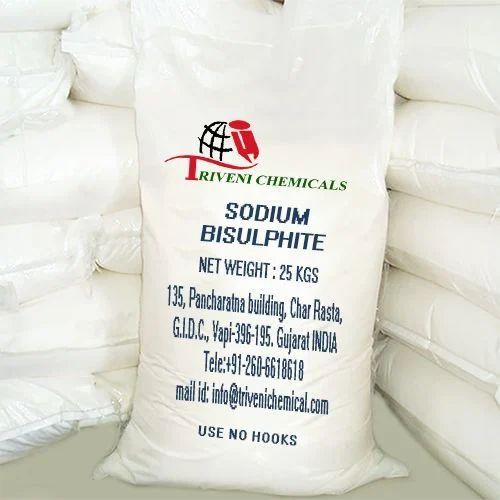 For example, vitamins and fatty acids that provide the skin with additional protection, care and nutrition.
For example, vitamins and fatty acids that provide the skin with additional protection, care and nutrition.
And drugs based on lanolin are universal. In addition to treating the nipples, they can be used for irritation, peeling and cracks in other areas of the skin. It is also suitable for children - as protection during winter walks and a remedy for diaper rash.
They say that newborn children do not need cosmetics and are even dangerous for their delicate skin...
Many parents believe that in the first years of life, the baby does not need any additional care - just bathing him and using powder is enough. However, the surrounding world, and especially the realities of the city, are very unfavorable for young children. Exhaust fumes, dust with road reagents, the notorious Russian cold, air-drying batteries and many other factors can adversely affect the condition of a child's delicate skin. Therefore, it is better for modern parents not to neglect protective, moisturizing and nourishing products.
The danger of children's cosmetics is a strong exaggeration. Not too high-quality products can really cause irritation or an allergic reaction. However, in order to neutralize such negative consequences, it is enough to stop using the remedy that did not fit. Neither adult nor children's skin care cosmetics can cause serious side effects.
Its production in Russia is regulated by the standards of the Customs Union (technical regulation TR TS 009/2011 "On the safety of perfumery and cosmetic products"). This regulation establishes requirements for the composition and properties of products, and in terms of children, these standards are much stricter than for adults. And manufacturers of pharmacy cosmetic brands are often guided by their own quality requirements. Therefore, the ingress of components with a proven health hazard into the composition of cosmetics is practically excluded.
However, parents should not go to the other extreme, covering the baby from head to toe with various means. To keep the skin of a child in a healthy state, basic care is enough - cleansing, nourishing and protective compositions.
To keep the skin of a child in a healthy state, basic care is enough - cleansing, nourishing and protective compositions.
But what about preservatives? They are said to be harmful even to adults.
In general, good manufacturers of pharmaceutical cosmetics for babies try to make their products as safe as possible. However, it is impossible to produce it on an industrial scale without preservatives. This is fraught with microbial contamination of the composition and its rapid deterioration. The flip side of this is a certain risk of developing allergies. In most cases, it is preservatives and artificial colors that cause a negative immune reaction. But the danger of skin infections caused by bacteria or fungi that have multiplied in cosmetics far exceeds the harm from allergies.
The most popular preservative in the production of children's cosmetics is sodium benzoate. It is non-toxic and is also widely used in the food industry, where it is known as additive E211.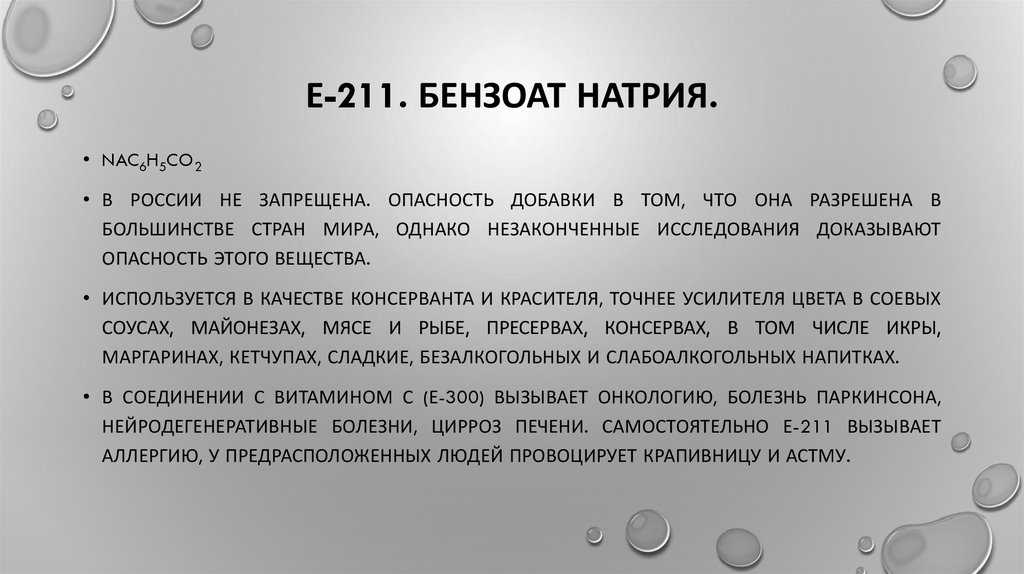 At the same time, according to German dermatologists, sodium benzoate is far from the worst, but not the best option in terms of developing an immune response [3].
At the same time, according to German dermatologists, sodium benzoate is far from the worst, but not the best option in terms of developing an immune response [3].
Scientists called phenoxyethanol, benzyl alcohol, parabens and various sorbates safer. If the most important thing for a visitor is the selection of the softest children's cosmetics, he can be advised products containing these particular preservatives.
Parabens, which have recently been persecuted as potential carcinogens, deserve special mention. In the 2000s, many pharmaceutical companies excluded them from their cosmetics. However, later it turned out that the research data, which allegedly proved their danger, were incorrect. Today, parabens have been rehabilitated and officially approved for use in Russia and the USA. In Europe, they are used with a number of reservations. There it is believed that not all parabens have been fully studied, and the distribution of products with some of them is limited.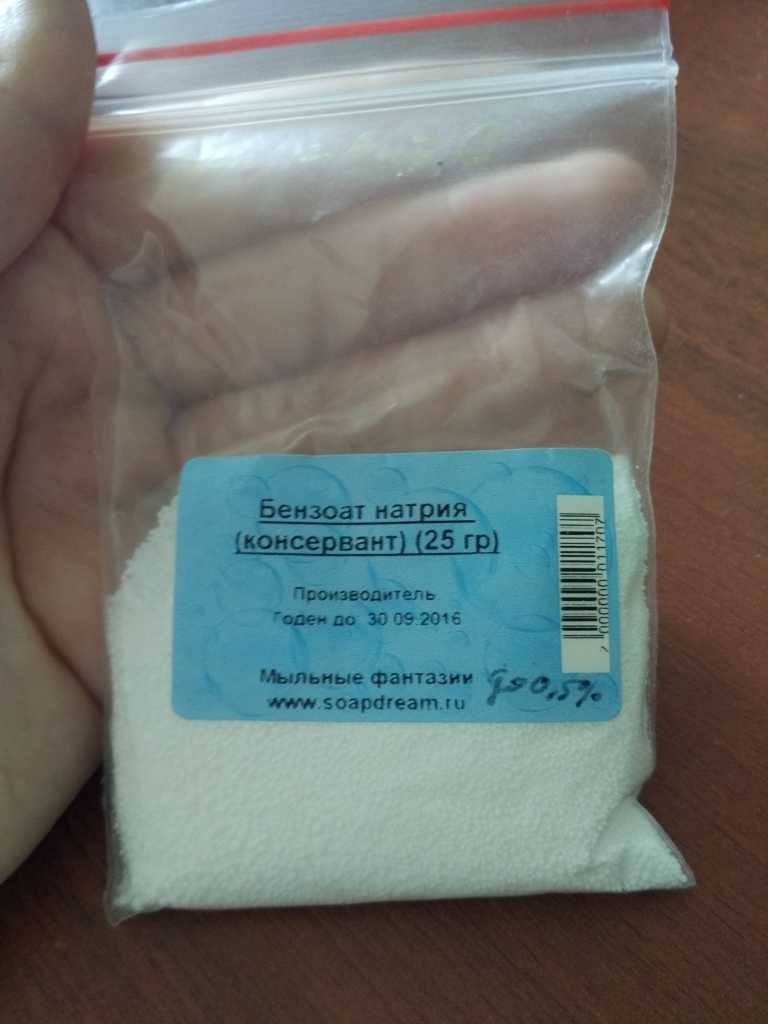
The use of cosmetics with parabens during pregnancy also causes discussions. Thus, one of the studies of the German Helmholtz Center for Environmental Research showed that children whose mothers used cosmetics containing parabens during pregnancy are more likely to gain weight by the age of 8 [4]. Scientists have associated this with the estrogen-like action of parabens, due to which they can negatively affect the hormonal background of a woman and cause fetal pathologies. There is no evidence that parabens are harmful to already born children.
Are children's cosmetics suitable for adults?
Rather no than yes, although there are exceptions. Children's creams are definitely not suitable for adults. It's all about the different physiology of the skin. Infants and children of the first years of life have not yet formed a hydrolipidic film - a special protective layer of the skin. That is why it is so soft and tender. For the same reason, manufacturers of children's cosmetics introduce substances into their products that artificially create a hydrolipidic film on the skin of a child.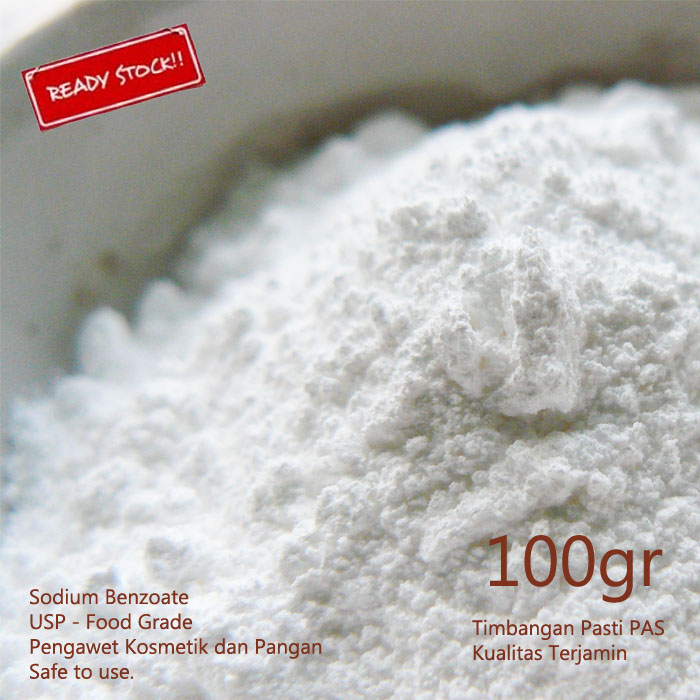
In adults, it forms on its own, and this process does not require outside intervention. The use of children's cosmetics leads to the fact that the skin is covered with a double layer of protection. This is completely unnecessary and can only harm by slowing down the metabolic processes of the epidermis. Therefore, prolonged use of baby creams often leads to inflammation and allergic reactions.
Cosmetics for children often do not bring benefits to adult skin. The composition of high-quality cosmetic products is selected taking into account the age-related needs of the dermis. For example, children's products do not and cannot contain hyaluronic acid or retinol, which are necessary for aging skin, as they slow down the aging process.
But there are also such children's products, the use of which by adults will not hurt. This can be, for example, bath foam with herbal extracts, as well as baby oil or cosmetic milk, created to prevent skin dehydration.
How do children's shampoos differ from adult ones and is it possible to do without them?
Of course, you can do without special baby shampoos. But compared to standard "adult" lines, they have a number of advantages. Chief among them is a softer detergent base. As surfactants, due to which foam is formed when washing the head, sodium lauryl sulfates, ammonium sulfates, etc. are most often used.
But compared to standard "adult" lines, they have a number of advantages. Chief among them is a softer detergent base. As surfactants, due to which foam is formed when washing the head, sodium lauryl sulfates, ammonium sulfates, etc. are most often used.
It is believed that these compounds are not very useful for hair, as they dry them and break their structure, and they can also irritate the skin.
Therefore, for children, it is preferable to use natural shampoos or sulfate-free "chemical" formulations. The latter include shampoos with such mild surfactants as a mixture of sulfoethoxylates, disodium comacfodiacetate, glucosides or cocamidopropyl betaine, which is softer than lauryl sulfate, since it is of plant origin. And when mixed, it softens the lauryl sulfate itself.
As for the nutrients in the shampoo, it is better to pay attention to herbal extracts. True, first make sure that the baby is not allergic to the selected phytocomponent - vegetable proteins are quite strong allergens.
Are natural ingredients in cosmetics for children and expectant mothers better than artificially synthesized ones?
Pharmaceutical cosmetics often contain natural ingredients. However, if you look at the labels of some of them, it may turn out that there are no less chemically synthesized substances, and a number of products do not contain vegetable or animal raw materials at all.
The presence of chemically synthesized components in it does not have a negative impact on the quality and effectiveness of pharmacy cosmetics. As well as the presence of natural ingredients does not guarantee the safety of the product.
The fact is that many natural ingredients have one very unpleasant property - they can cause allergies. Most manufacturers try to make products for such a sensitive category of consumers hypoallergenic, and use only proven, well-purified ingredients. Therefore, it is important that herbal extracts in children's cosmetics be colorless, otherwise there is a risk of developing an allergy in a child.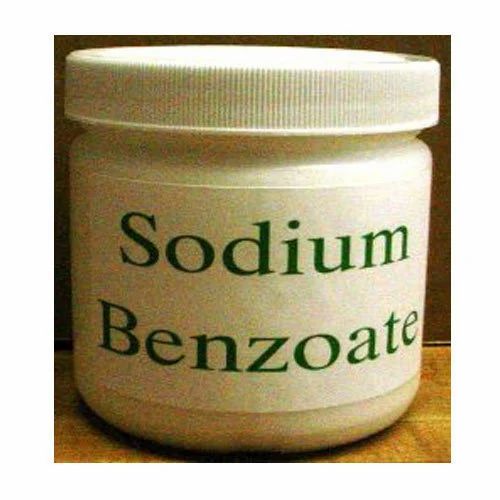
What artificially synthesized components are definitely not useful for children? For example, mineral oil. It can disrupt the water balance of the skin and provoke the appearance of acne. It is better to give preference to products based on vegetable oils: olive, coconut, shea butter, etc.
Cosmetics containing triclosan are also not recommended for use. Studies have shown that this substance, which only 10 years ago was considered a panacea for microbes, causes hormonal disorders and allergies [5]. The use of triclosan today is recognized as justified only in the composition of toothpastes. However, now this component can hardly be found in pharmacy cosmetics.
Is the order of application of children's cosmetics important?
The effectiveness of baby skin care depends on the correct order of application of cosmetics. When selling several different products to pharmacy visitors, it would be useful to remind them of this. You need to start the procedures with cleansing: the child must be washed with a special gel or foam. Next comes the time for moisturizing - for these purposes, a baby cream or nourishing oil is used. Do not apply a thick layer of cosmetics, as this is fraught with irritation. Finally, at the third stage, protective agents must be applied to the child's skin. In summer - from the sun, in winter - from wind and frost.
Next comes the time for moisturizing - for these purposes, a baby cream or nourishing oil is used. Do not apply a thick layer of cosmetics, as this is fraught with irritation. Finally, at the third stage, protective agents must be applied to the child's skin. In summer - from the sun, in winter - from wind and frost.
Why is pharmacy cosmetics for children more expensive than mass cosmetics?
Indeed, the cost of natural children's products is often higher than the cost of cosmetics from the mass segment. The explanation for this is in the cost of production of such cosmetics. Child-safe preservatives, purified plant extracts and other gentle ingredients are not cheap pleasure. However, the cost of pharmacy products cannot be compared with the possible costs of "liquidating the consequences" of using low-quality cosmetics.
In addition, you can find inexpensive lines of children's cosmetics in pharmacies. This is the case when you should not assume that cheap means bad.
